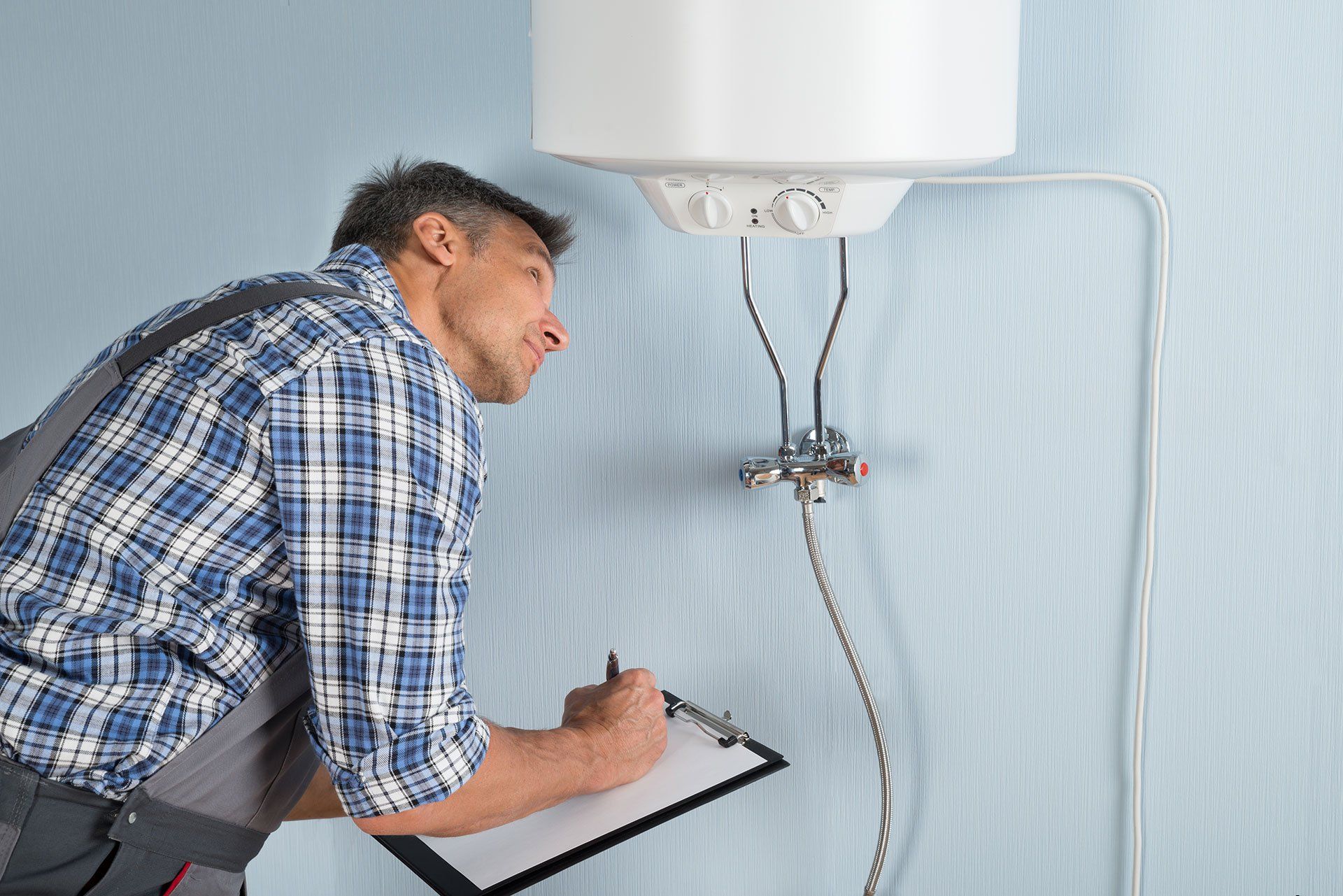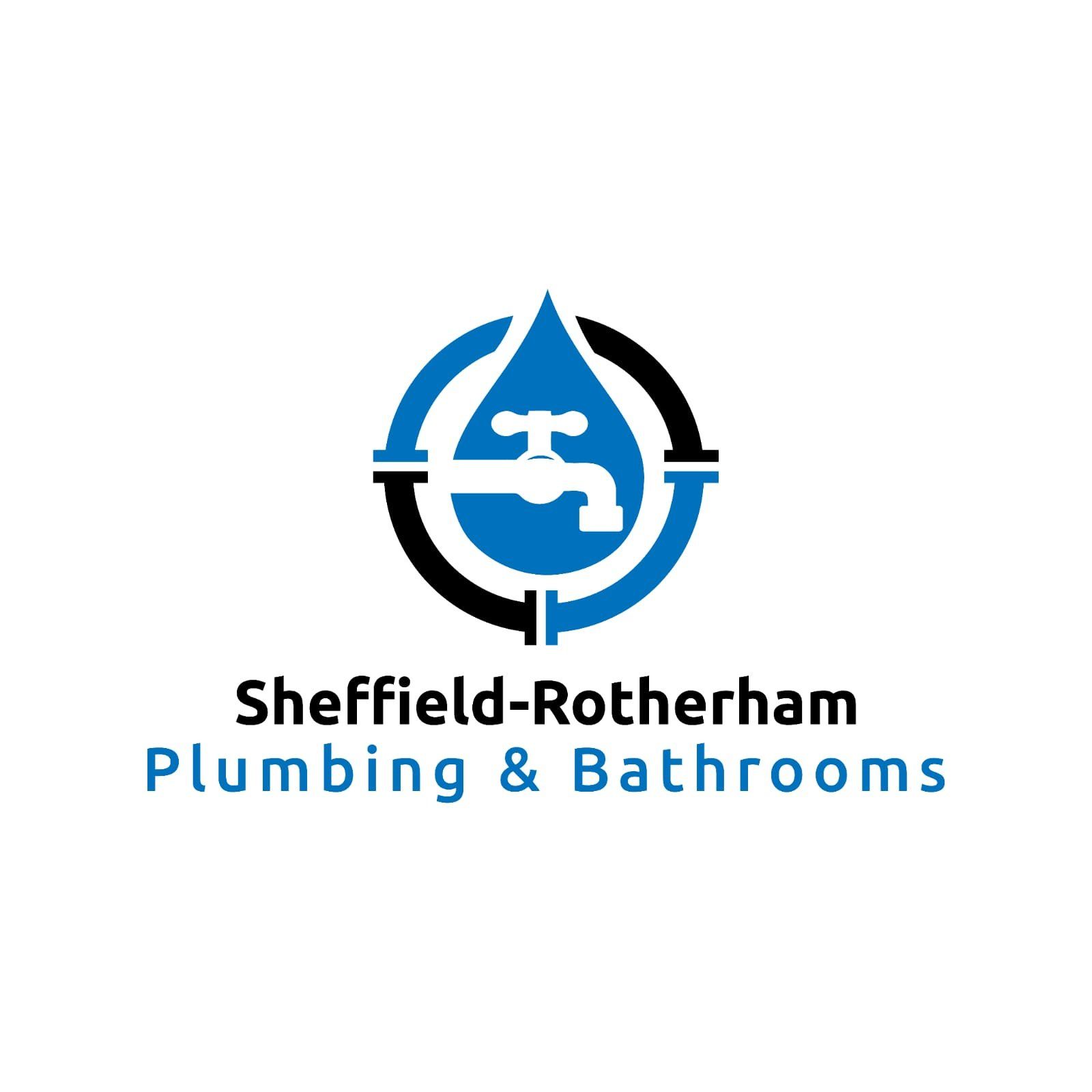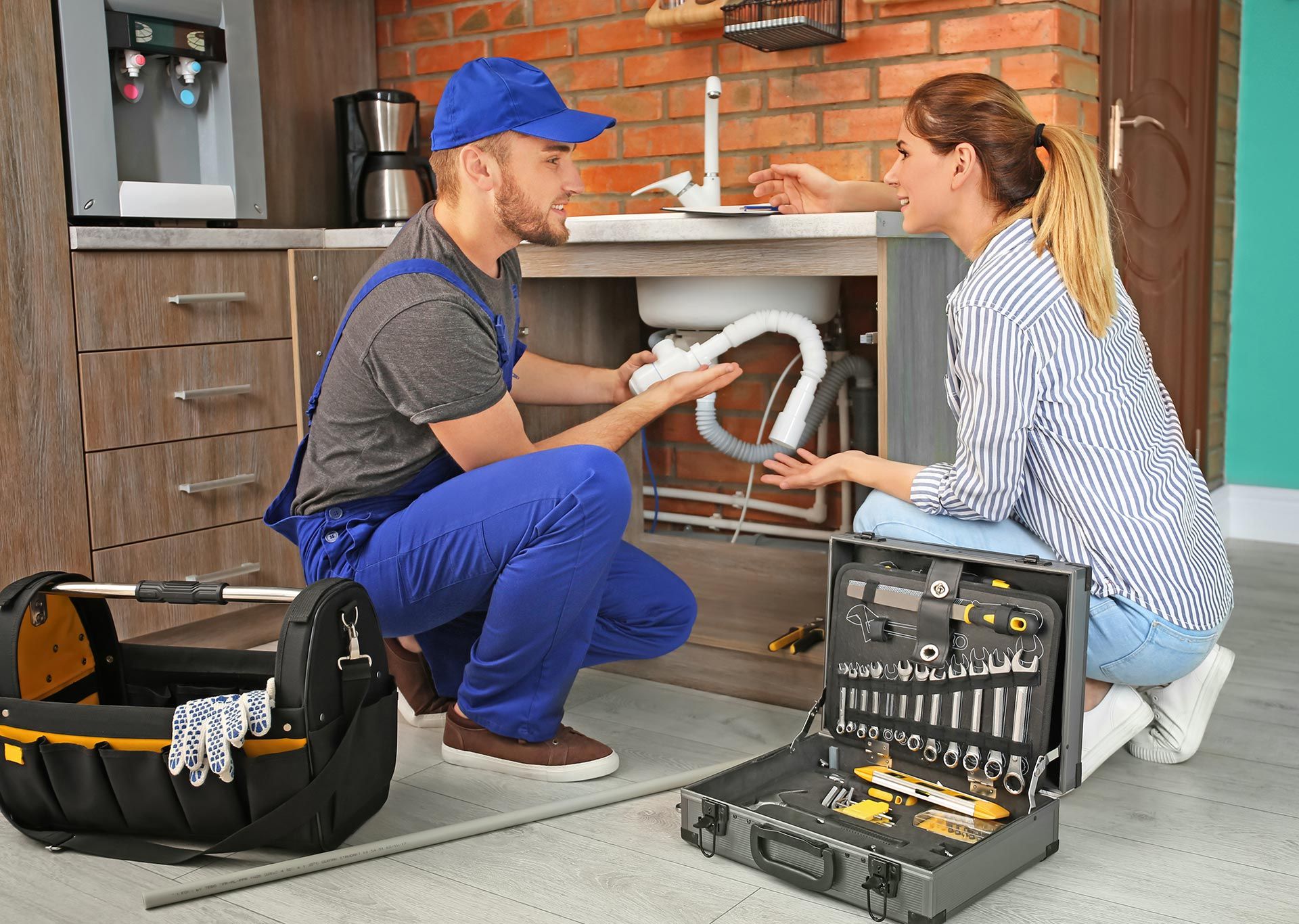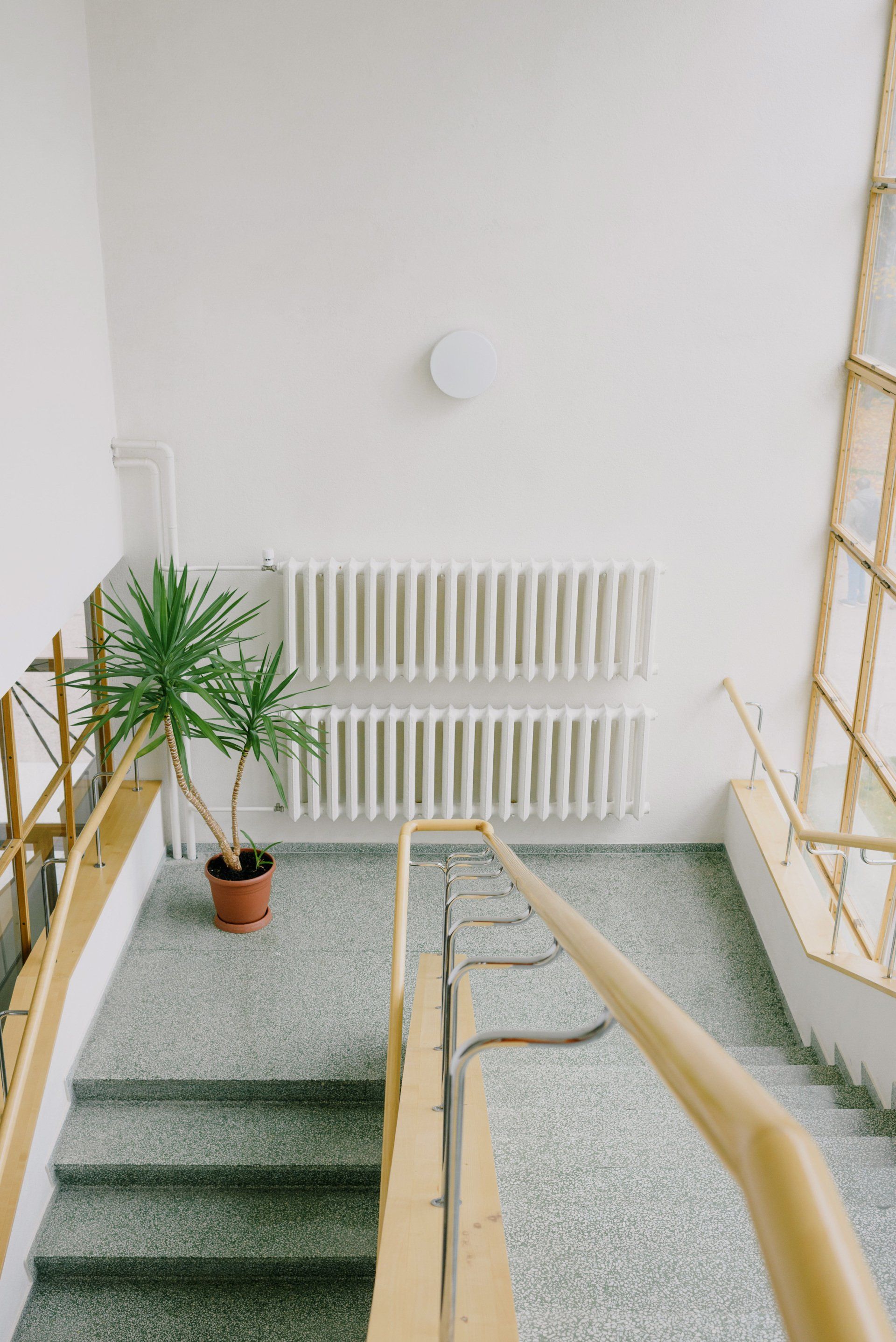The Ultimate DIY Plumbing Checklist: Tips for Homeowners
The Ultimate DIY Plumbing Checklist: Tips for Homeowners
As proud homeowners, we understand the importance of maintaining our properties to ensure they remain comfortable and functional. While some tasks may require professional expertise, there are several plumbing-related tasks that diligent homeowners can handle themselves. In this spot, our Plumbers in Sheffield share a snapshot of essential "DIY Plumbing Checklists" tailored specifically for homeowners.

Regularly Check For Leaks
One of the most crucial aspects of plumbing maintenance is leak detection. Keep an eye out for damp spots, water stains, and unusual odors around sinks, faucets, toilets, and appliances. Early leak detection can save you from potential water damage and skyrocketing bills.
Inspect and Clean Drains
Clogged drains can lead to slow water flow and backups. Routinely clean out hair, soap scum, and debris from sink and shower drains using a drain snake or a mixture of vinegar and baking soda.
Maintain Toilets
A running toilet can waste a significant amount of water. Check for leaks by adding a few drops of food colouring to the tank and observing if it appears in the bowl without flushing. Also, ensure that the toilet handle, flapper, and chain are functioning properly.
Test Water Pressure
Low water pressure can be a sign of sediment buildup in faucets or pipes. Test the water pressure in various faucets and showers, and clean or replace aerators as needed to restore optimal flow.
Insulate Pipes
During colder months, insulating exposed pipes can prevent them from freezing and potentially bursting. Foam pipe insulation is readily available at hardware stores and is easy to install.
Maintain The Water Heater
Flush the water heater annually to remove sediment buildup that can affect its efficiency. Check for any signs of corrosion or leaks, and consider insulating the water heater to conserve energy.
Address Dripping Taps Promptly
A dripping tap may seem like a minor annoyance, but it can waste a surprising amount of water over time. Fixing a leaky tap usually involves replacing a worn-out washer or cartridge. Over time, washers and cartridges can wear out, leading to leaks. Regularly inspect and replace these components as needed to prevent water wastage.
Install a Water Softener
In areas with hard water, mineral deposits can accumulate in pipes and appliances, reducing their lifespan. Installing a water softener can help prolong the life of your plumbing system and appliances.
Learn How To Shut Off The Water
In case of emergencies, every homeowner should know how to shut off the main water supply. Familiarize yourself with the location of the shut-off valve and keep any necessary tools nearby. The internal stop tap is generally located underneath the kitchen sink in most properties. We recommend to test this weekly to prevent it seizing. The external stop tap is located in the pavement outside your property, this will shut off the incoming water supply to your internal stop tap.
Conclusion
Remember, while these DIY tips can help you maintain your plumbing system, some tasks may require professional intervention. If you encounter complex issues or aren't confident in your DIY skills, don't hesitate to contact Plumbers Sheffield for expert assistance. Your home's plumbing system plays a vital role in your daily life, and with a little care and attention, you can ensure it continues to serve you well for years to come.



